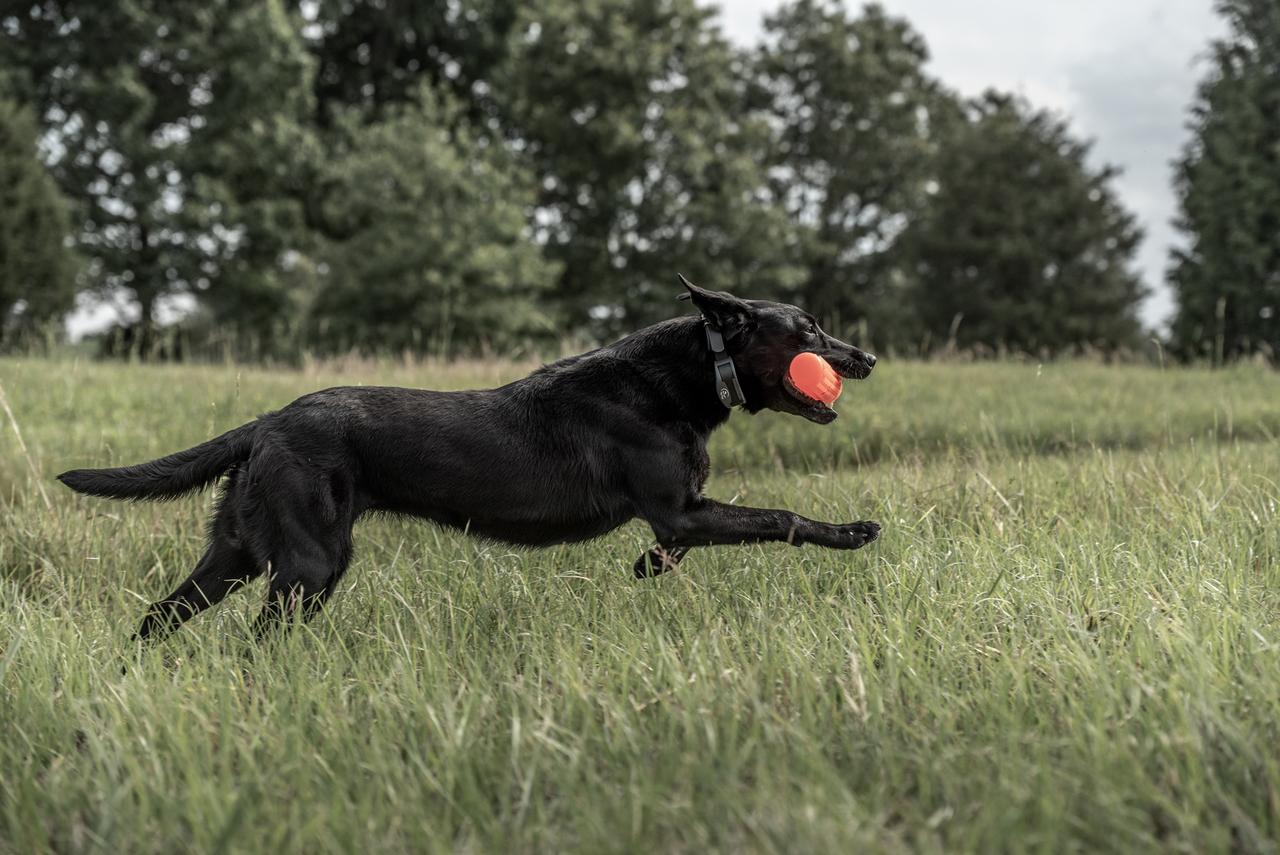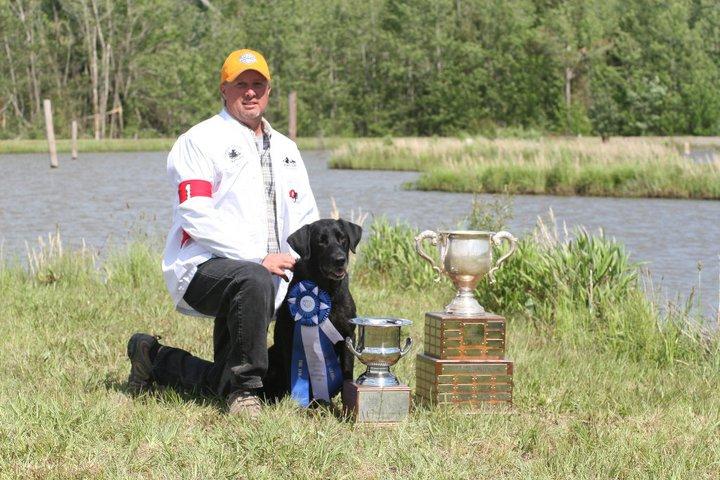
Retriever Training: Making the Most of Spring Season
Posted by Lyle SteinmanWhen winter drags on a little too long and it feels like spring will never get here, it’s really easy to procrastinate with your retriever training. Sure, you’re looking forward to bluebird days when you can get out and work on water training. This feeling of urgency to get back into water training is especially strong if you live in the northern states where summers are short.
I understand, but keep in mind there are plenty of things you can be working on while you wait for “perfect” weather, if there is such a thing. Push yourself to make the most of the time you have right now. There’s no excuse for not getting to work!
Now, I’ll admit that I have an advantage over a lot of folks when it comes to ideal training days because I spend my winters in Mississippi instead of my home state of Missouri. Therefore, the amount of time I can comfortably do water training is greater than what a retriever owner in the Midwest or Northern states can take part in. Even so, there are times during the winter months that are not conducive to water work, so I focus on other things.
In my training program, I use this in-between time two ways. First, it’s a chance to get caught up on what I call “maintenance” items. Second, it’s a great time to work on obedience and sharpening up my dogs on various drills that we can build on later.
What is maintenance? Think of all the things that you would rather not deal with during prime training days or hunting season. Topping that list is your dog’s annual physical. This is a great time to get into the vet, take care of bloodwork and get a checkup. If everything is looking good health-wise following hunting season, now you know that your retriever buddy will be ready to ease into spring training.
Conditioning is also part of maintenance. Weather permitting, get your dog out for exercise, even if it’s nothing more than a good, fast-paced walk a few times every week. Set goals for where you want your dog to be with its weight and endurance. For example, tell yourself you want your dog in excellent condition by May 1 so that you can run multiple double or triple marks without having to rest your dog extensively in between sets.
On nicer days, work on land marks, which benefits your dog’s endurance and also keeps its retrieving skills sharp. Also, when you get a nice day, consider training a little longer and a little harder, especially if you see the weather forecast is going to keep you out of the game for the next few days.
For actual training drills, earlier I mentioned obedience and sharpening up on drills. This is another area where goals are important. I firmly believe in writing down your goals; if you don’t write them down, they’re not really goals!
We’re all at different stages in training, so someone with a younger dog might have a goal of working on rock-solid steadiness during the off-season. Another goal for a younger dog might be to finish forcing to the pile work. Someone with a more advanced dog might have a goal of perfecting pattern drills by the time warm weather arrives so you can transition those skill to water training with no delay. Whatever your situation might be, focus on goals, write them down and then get to work.
You don’t have to be the best trainer in the world. That’s an unobtainable goal anyway. But there’s nothing stopping you from developing a stronger work ethic. Be willing to train more often, train harder and train with more focus. Take that attitude everywhere you go, no matter what time of the year it is, and it will pay dividends regardless of whether your goal is to run better hunt tests, place in more field trials or have the best hunting season ever.

Lyle Steinman
Gower, MO
Lyle Steinman began his competitive career at the age of eight, traveling all over the United States showing cattle. He won more than 300 championships on the county, state, and national levels throughout the following 10 years. Lyle competed with Labradors as an amateur for many years before turning a...
